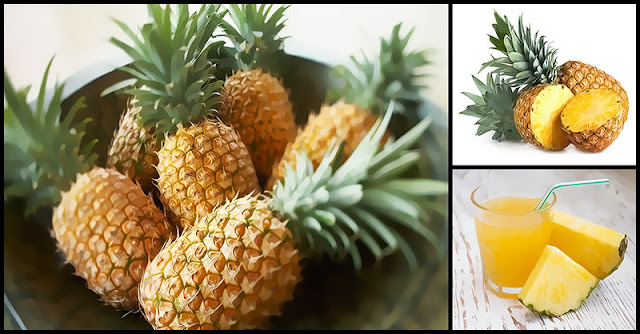If you have diabetes, tracking the food you usually consume is necessary for you to be able to properly manage your blood sugar levels. The amount of your carbohydrate intake should also be taken into consideration since it can also affect your blood sugar levels. Some fruits should also be eaten moderately though they are loaded with nutrients.
For sure, you find it hard to control yourself from eating the food that you want and from consuming the food that you do not really like. Yet, you are still required to do it since it’s the only way wherein you can keep your body healthy in order to prevent diseases and further complications.
Here are some of the tips you can try that might help you in balancing and managing your daily diet and regulate your blood sugar as well:
- Avoid eating processed foods as much as possible because they are not good for your health.
- Create a healthy meal plan that includes foods loaded with lots of nutrients, vitamins, and minerals but are also low in fat and carbs.
- Carbs have a huge impact on your blood sugar levels. It would be better if you begin counting how much carbs you have consumed for the entire day on a regular basis. Your regular carb consumption will depend on different factors such as your daily physical activities, body weight, goals for blood sugar readings, and medications you are taking. The normal advised amount of carbs that a person should take is as follows: from 15 to 20 grams per pack and also from 45 to 60 grams of carbs per meal.
- Maintain the glycemic index of foods in your mind because it has the ability to measure the carbs and even assess if they elevate your blood sugar levels. Foods with a high glycemic index or GI can elevate your blood sugar levels in a fast way. Some of the factors contributing to the GI of foods are fiber, far, cooking method, variety, ripeness, and processing.
Pineapple And Blood Sugar
When it comes to diabetes, pineapple is a fruit that contains both advantages and disadvantages. It is loaded with lots of vitamin C but low in sodium. It also has a medium glycemic index.
Pineapples should always be consumed in small portions. If you love to include them on your meals, always mix them with foods that are known to be low or medium glycemic index so that unexpected sugar spikes can be prevented.
List of foods that can be eaten with pineapple in it:
- Barley
- Whole wheat bread
- Legumes
- Pasta
- Bulgur
- Converted Rice
- Steel cut or rolled oatmeal
List of the foods that contain a high glycemic index which is why they should not be consumed with pineapples:
- White bread
- Instant oatmeal
- Russet potatoes
- Saltine crackers
- Pretzels
A low amount of carbs can be found on both fresh and frozen pineapples. However, both dried pineapple fruit and pineapple juice have higher amounts of sugar. This is the reason why you should consume it moderately and also avoid eating canned pineapples if they contain sugary syrup.
If you are one of those suffering from diabetes, you can still consume pineapples but only in moderate amounts. However, if you are diagnosed with diabetes and you consume pineapples for the first time, you should pay attention if it causes sudden changes in your blood sugar levels.
Always put in mind that not all foods available in stores and can be seen in your kitchen should be eaten. There are foods that might not be good for your health, particularly if you have a certain sickness or disease. Taking extra care is really necessary.
You can also do some exercises every morning to avoid being physically inactive. Simple exercises can help you burn some fats. Moreover, drinking enough water daily is also recommended. Likewise, the right quality and amount of sleep are needed for you to avoid being sleepy during the day.
You’ll benefit a lot from making yourself healthy. It will help you avoid any kind of diseases that have the ability to shorten your life.









